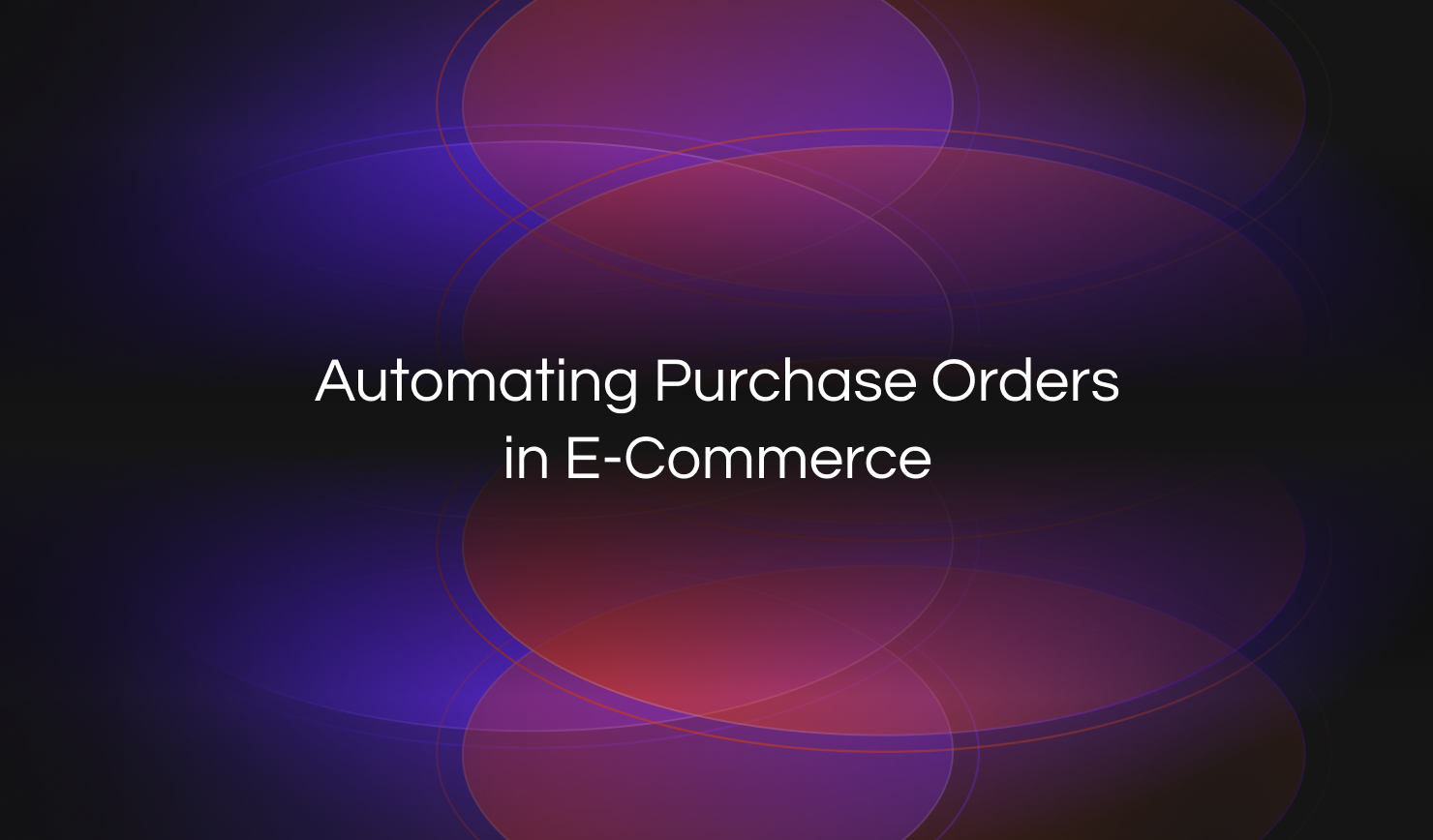Case Study: Product Dojo
Night Mode

Product Dojo is a space for professional and personal growth. Dedicated especially to product managers and leaders, but also product teams - designers, engineers and innovators, who want to be on a fast track to their dream product career.
They approached us with an ambitious goal in their minds - to build a Knowledge Management System to support their learning programs for various organizations.
They wanted to launch an MVP of this product before a big conference they are organizing, but the scope was demanding and deadline was approaching quickly.
Discovery & Scoping
- For discovery we held an all-day Event Storming session
- This allowed us to map their customer journey into interactions between user and the application
- By seeing the big picture, we were able to quickly find areas that can be supported by existing tools, to reduce the scope and launch in time
- It also give us a clear view on risks in such integrations and helped us prioritize them
- Another effect was that it gave our team good understanding of their processes and helped to rapidly kick-off the project
Process
- For development, we used agile processes to ensure maximum alignment with business needs.
- We based the process on week-long sprints, to shorten the feedback loop and to address potential issues as early as possible
- We encouraged daily communication and updates with Product Dojo team, to achieve transparency and alignment
- As we were working together with a team located in California, we treated the whole team (Upside's + Product Dojo's team) as a remote one and used proper tools
- To ensure efficiency despite time zone difference, we adapted remote communication as a standard
Results
By taking a smart approach to scoping and reusing existing tools, we were able to launch the MVP within 2 months.
The MVP allowed Product Dojo to gather feedback from their customers using a real product and define further product roadmap based on that.

Explore More Blog Posts

The AI Design Gap: Moving Beyond One-Way Generation
There are plenty of tools capable of generating code from designs or directly from prompts. In theory, this looks like a dream scenario. It drastically shortens the journey from design to frontend development. The handoff is quicker, the design is easier to implement, and everyone involved is happier. Right?

Migrating an ERP-Driven Storefront to Solidus Using a Message-Broker Architecture
Modern e-commerce platforms increasingly rely on modular, API-driven components. ERPs… do not. They are deterministic, slow-moving systems built around the idea that consistency matters more than speed.

Automating Purchase Orders in E-Commerce: How Agentic AI Handles Unstructured Input
In an era of connected e-commerce, it’s easy to assume that every order flows cleanly through APIs or online checkouts. The reality, however, may be very different, especially in industries where B2B and wholesale operations still rely on unstructured, offline, or legacy input formats.